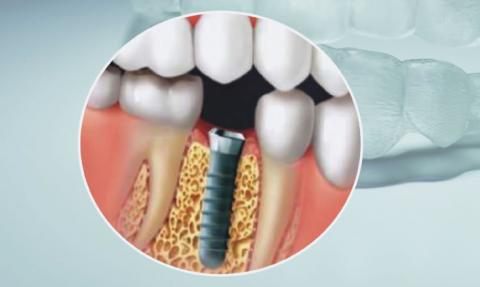
Oral health is a state of being free from mouth and facial pain, oral and throat cancer, oral infection and sores,
periodontal (gum) disease, tooth decay, tooth loss, and other diseases and disorders that limit an individual’s
capacity in biting, chewing, smiling, speaking, and psychosocial wellbeing. (World Health Organisation); In Africa and in particular in the ECOWAS region comprising 15 countries namely: Benin, Burkina Faso, Cape Verde, Cote D’ Ivoire, The Gambia, Ghana, Guinea, Guinea-Bissau, Liberia, Mali, Niger, Nigeria, Senegal, Sierra Leone,Togo the impact of dental diseases on individuals and communities is considerable in terms of pains, functional deficiencies and reduc- tion in the quality of life, just like any other region in the world.
According to the 2009 WHO report, dental diseases constitute the 3rd commonest global disease after cardio-vascular diseases and cancer. In spite of these observations, in many African countries, oral diseases were largely neglected or underestimated by planners and public health decision makers. Despite efforts geared towards the decentralisation of the healthcare system, the provision of dental care is only effective in sprawling urban centres. It is noteworthy that the few dental services available are obsolete and less functional.
With reference to the WHO standards, (1 dental surgeon per 10 000 inhabitants), there is shortage of dental
surgeons to meet the needs of the population in the ECOWAS region. Furthermore, the mobility of dental professionals among the various countries of the West African region is non-existent; though the ECOWAS Charter provides for the right of establishment and free- dom to practice the profession in individual states.
The practice of dental surgery encompasses among others, sound knowledge of basic sciences, anaesthesia,
medicine, and surgery for effective service delivery to the community.
The existing training institutions within the region are insufficient in number to provide heterogeneous and different training programmes.
In order to have an adequate profile of dental surgeons within the ECOWAS region, WAHO embarked on a visionary mission of harmonising training curricula for dental surgery.
WAHO organised workshops focusing on the harmonisation of training curricula for medical specialties in
Bamako, Mali on 5th to 7th September 2005 and Bobo-Dioulasso, Burkina Faso on 29th to 31st March 2010. The workshop on harmonising curriculum development for medical specialty training, in dental surgery, occupational health, sports medicine, physical medicine and rehabilitation was organised.
The workshop on the harmonisation of training curricula in dentistry in the ECOWAS region was organised in Bobo-Dioulasso from 21st to 23rd February 2011. A follow-up workshop on the finalisation of dental surgery training curriculum was held in Abidjan from 9th to 11th July 2012.
Among the advantages related to harmonization of training curricular in Dental Surgery within the ECOWAS
subregion, one can retain the following:
- identical scientific content for all training institutions in Dental Surgery
- facilitation of mobility of academic teachers and students
- possibility of exchange of human resources in health for the health systems of ECOWAS countries, thus avoiding brain drain to other countries
- the acquisition of equal skills, providing free movement of professionals
- the availability of uniform accreditation procedures.
The harmonised training curriculum for dental surgery in the ECOWAS region constitutes a veritable tool of
mutual recognition, integration, and capacity building for professionals in terms of quality healthcare delivery. It must be seen as a flexible and dynamic tool and to this end, it should be adapted to the region and adopted as
soon as possible.
